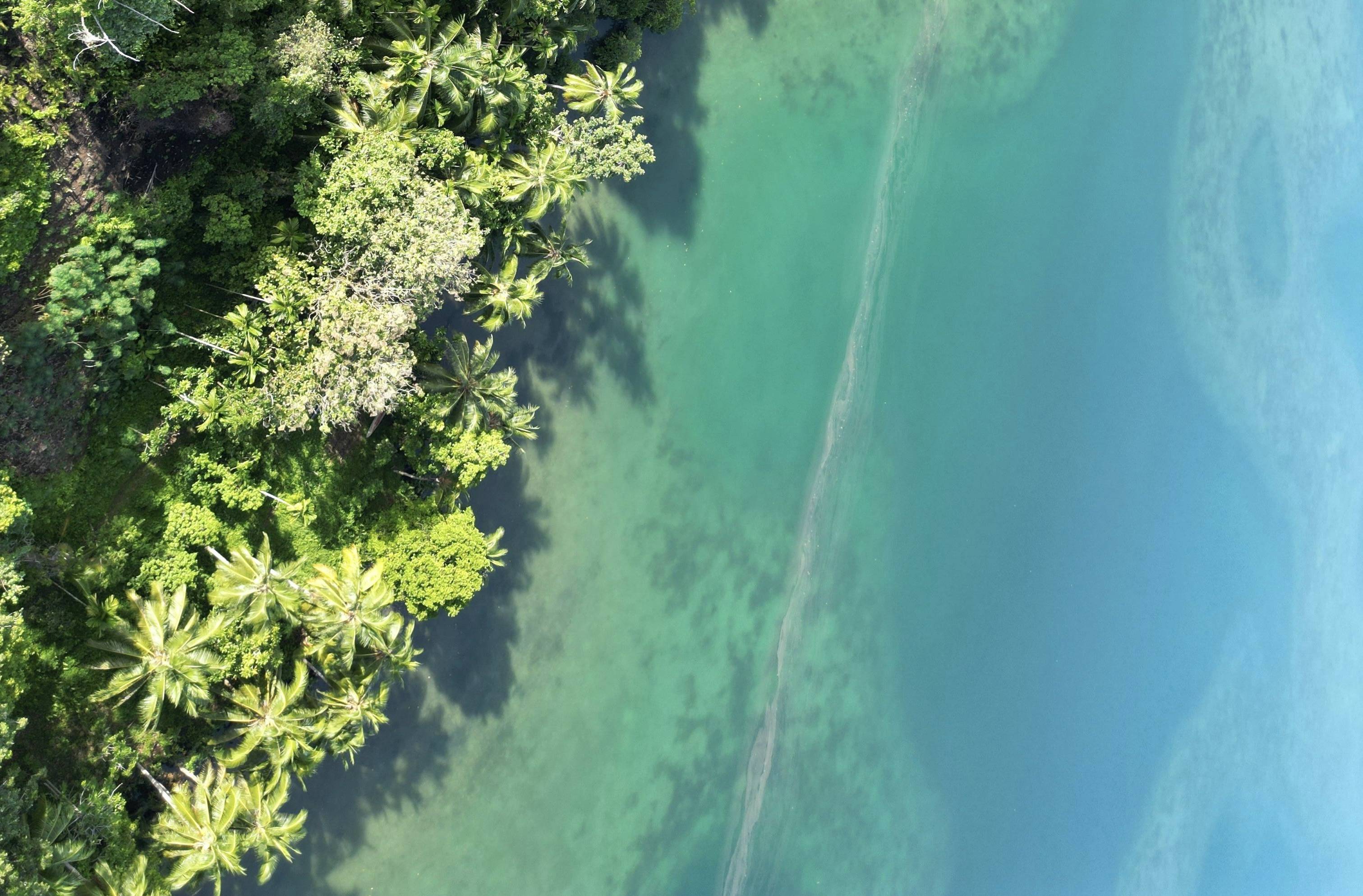
National SCP context and Connection to the Global Agenda: forest management and mining
The National Development Strategy (NDS) 2016-2035 is the blueprint for sustainable development in the Solomon Islands. Relevant elements of the 2030 Development Agenda, the SAMOA Pathway, the Istanbul Programme of Action for Least Developed Countries, and other relevant international and regional frameworks have been integrated into the NDS.[1] In 2020, the Solomon Islands launched the first Voluntary National Report, which covered SDG 12 mentioned in the National Development Strategy Objective 4 - resilient and environmentally sustainable development. [2] The government launched the National Waste Management and Pollution Control Strategy 2017 - 2026, which is aligned with Cleaner Pacific 2025 [3] and launched the Solomon Islands Recycling & Waste Management Association Strategic Plan 2021- 2031.[4] The government also launched the National Fisheries Policy 2019 - 2029 for the conservation, management, development, and sustainable use of fisheries and aquatic resources in the Solomon Islands [5]. The transition to circular economy and the promotion of 3Rs are critical to safeguarding natural resources, enhancing resilience, ensuring sustainability and achieving the SGDs, in particular SDGs 12, 13 and 14[6].
Challenges
- The rise in temperature threatens agriculture, while sea-level rise endangers both agricultural lands and settled areas. Additionally, warming seas pose a threat to fishing, ultimately impacting food security.2
- The country is highly vulnerable to the negative impacts of climate change and natural disasters, which have affected its economy. The economic base is narrow and largely dependent on natural resources.2
- The remoteness of the islands and their distance from major markets pose a challenge for implementing government plans and strategies. High transport costs and logistics challenges also affect the delivery of services across the country's nine provinces.2
- Forest-dependent communities face negative social impacts due to the loss of forest cover and traditional products and uses.2
Priority sectors
- The economy and livelihoods in Solomon Islands have long depended on forests, which cover over 90% of the land. Sustainable forest management is crucial for the survival and well-being of Solomon Islanders.2
- Protecting marine ecosystems is essential for ensuring that Solomon Islanders have access to food and potential employment opportunities.2
- Improving infrastructure facilities and utilities to support growth in the productive sectors is a priority.1
- Rural and customary land should be made available for commercial and agricultural development.1
- Addressing regulatory issues, such as lack of compliance and respect for regulations and ownership, is crucial for unlocking the mining sector's economic potential, which includes valuable mineral resources like gold, copper, nickel, cobalt, and bauxite.1
Opportunities
- Promoting sustainable ecotourism as a 'Centre of Plant Diversity'[7] involves supporting sustainable consumption and production. This includes encouraging local businesses to use eco-friendly products, educating tourists about sustainable practices, and collaborating with communities on biodiversity preservation through sustainable tourism initiatives.
- Improving farming methods like organic farming, using native crops, and better post-harvest handling to boost household food security, produce more for sale, and improve processing.1
- Use sustainable fishing methods to improve food security, livelihoods, and community sufficiency in rural areas. Diversify resources inshore and offshore in partnership with resource owners and fishing communities.1
- Strengthen the cultural industries sector through ecotourism and promote local production to the tourism sector.1
- Carbon stock assessment will improve understanding of the current state of the nation’s blue carbon ecosystems and their contributions to climate change mitigation.
- Supporting the transition towards a circular economy to safeguard natural resources, enhance resilience, and ensure sustainable livelihoods.[8]
[1] Solomon Islands Government. (2016). National Development Strategy (NDS) 2016 - 2035
[2] Solomon Islands Government. (2020). Voluntary National Report
[3] Solomon Islands Government. (2017). National Waste Management and Pollution Control Strategy (NWMPCS) 2017 - 2026
[4] Solomon Islands Government. (2021). Solomon Islands Recycling & Waste Management Association Strategic Plan 2021- 2031
[5] Ministry of Fisheries and Marine Resources. (2019). National Fisheries Policy 2019 - 2029
[6] SPREP. (2025). Minister for Environment, Climate Change, Disaster Management and Meteorology at the High-level 12th Regional 3R and Circular Economy Forum in Asia and the Pacific
[7] Convention on Biological Diversity. (n.d.). Solomon Islands
[8] UNCRD. (2025). Implementation of 3R & Circular Economy in Solomon Islands


